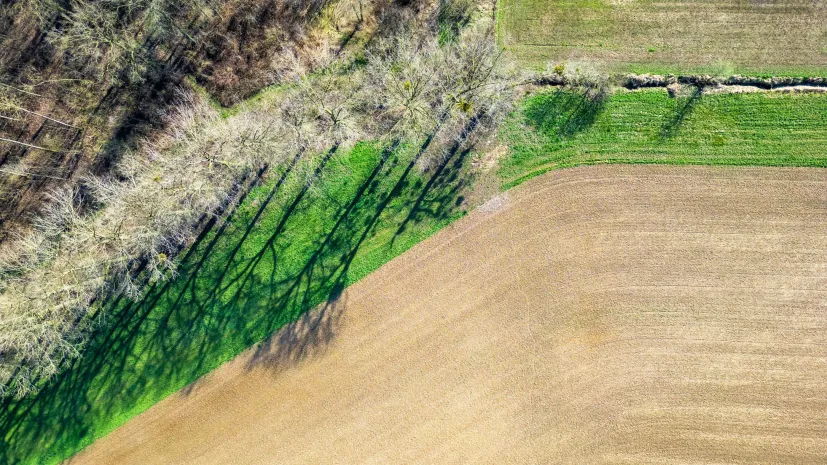
Pollinator survival depends on soil quality, study finds
Pollinator survival depends on soil quality, scientists involved in a pan-European research initiative said, announcing a four-year project to examine how soil condition and management affect pollinating insects and what measures could better protect them.
-
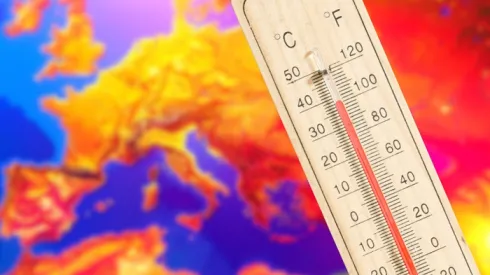
2025 third-warmest year on record as climatologist warns of new “climate norm”
Global temperatures in 2025 reached the third-highest level on record, edging close to 1.5 degrees Celsius above pre-industrial averages and signaling the emergence of a new “climate norm.”
-
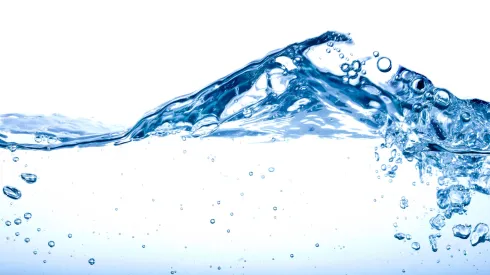
Data centres could double water use by 2028, Polish Economic Institute warns
Data centres could consume up to 150 million cubic metres of water by 2028, twice as much as in 2023, according to a report by the Polish Economic Institute (PIE).
-
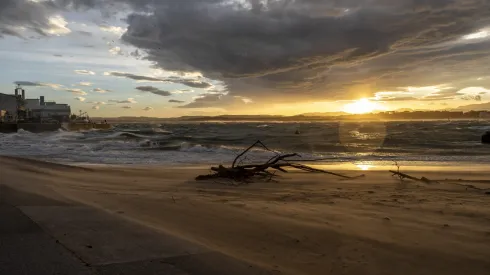
‘Poland hasn’t had such a warm December in 74 years,’ says climatologist
Poland recorded its 15th record daily average temperature of the year on December 11, as unusually warm weather pushed 2025 to at least 0.8°C above the climatic norm so far.
-
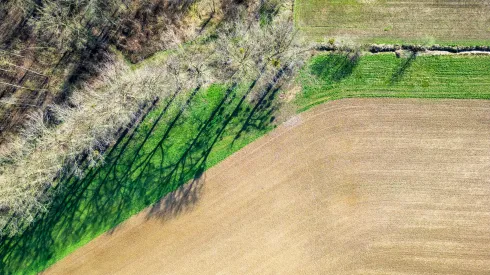
Crop rotation best protects soil, long-term study finds
Soil fallowing and monoculture farming significantly degrade soil health, increasing erosion and dryness, while crop rotation offers the most effective protection, according to a long-term international study involving researchers from Poland, Italy and Lithuania.
-

Life without the Sun: Polish explorer describes months of darkness on Polar station where Moon is the only light
At the Polish Polar Station Hornsund, the sun remains below the horizon for more than three months. For polar explorer Dagmara Bożek, that period changes the pace of daily life. “During the polar night, metabolism slows down, sleepiness increases, and monotony sets in,” she tells the Polish Press Agency.
-
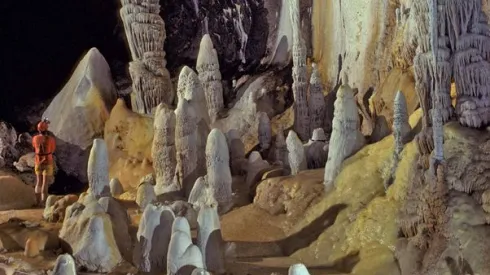
Scientists discover formula that explains stalagmite shapes
The shapes of stalagmites, upward-growing rock formations in caves, depend on the conditions in which they formed, and a single mathematical formula can describe these shapes, researchers say.
-
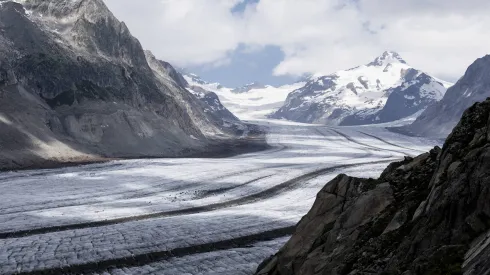
European glaciers show sharpest global decline, scientist warns
Glacial melting is advancing fastest in Europe, where relatively small mountain glaciers have lost up to 38.7% of their mass over the past 24 years, according to scientists.
-
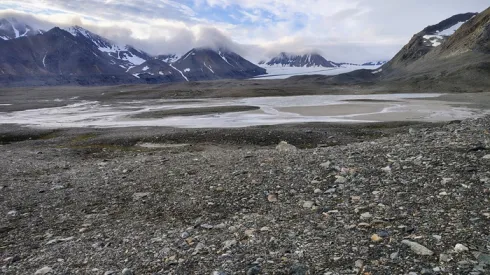
Polish-led study reveals how Arctic glacier feeds nutrients into ocean ecosystems
An international team of scientists, including a researcher from the University of Wrocław, has identified new mechanisms by which the Werenskiold Glacier in the Hornsund region of Spitsbergen supplies nutrients such as iron and silicon to Arctic ecosystems.
-
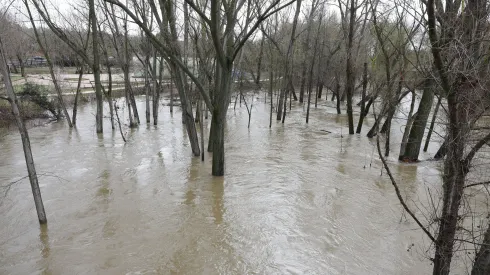
Europe making progress on flood losses, but floods remain inevitable, study finds
Floods cannot be eliminated, but their human and economic toll in Europe has been steadily decreasing over the last several decades, according to a new study analyzing more than 1,700 floods across the continent since the 1950s.













